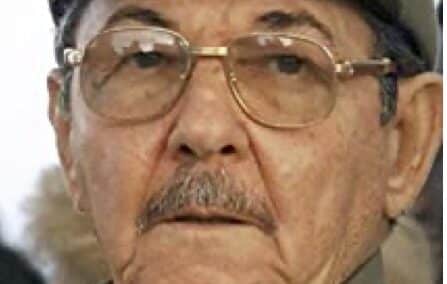Cuban leader Raúl Castro’s resignation as head of the island state’s communist party ends his family’s six decades in power.
The 89-year-old brother of Cuba’s first post-revolution leader, Fidel – who came to power in 1959 – told the party congress that it was time to pass the leadership to a younger generation that was ‘full of passion and anti-imperialist spirit’, according to the BBC.
But the broadcaster’s Cuba correspondent, Will Grant, observes: ‘The reality is that, at least in the short term, little will change.’
It is expected that Castro’s successor will be voted in at the end of the four-day congress.
Speculation is that, though Castro has not endorsed a successor, it is widely believed the party leadership will pass to Miguel Díaz-Canel, who took over as the island’s president in 2018.
The BBC’s Grant writes of the challenges facing Díaz-Canel: ‘It seems likely he will be forced to take further steps to liberalise Cuba’s centrally controlled economy. The island is currently in the grip of its worst economic crisis since the period immediately following the end of the Cold War. As a result, private farmers were recently permitted to sell beef and dairy products – goods previously under the sole control of the state.’
He adds: ‘Any hope of improving ties with the US however may have to wait as the Biden administration has shown little inclination to unpick the Trump administration’s harsher sanctions on Cuba at this stage.’
Grant also suggests that Raúl Castro ‘will remain a powerbroker behind the scenes’, and that, ‘by reiterating the island’s eternal commitment to socialism it means that political change remains as unlikely under his successor as it was under his late brother, Fidel’, whom he succeeded in 2011.

